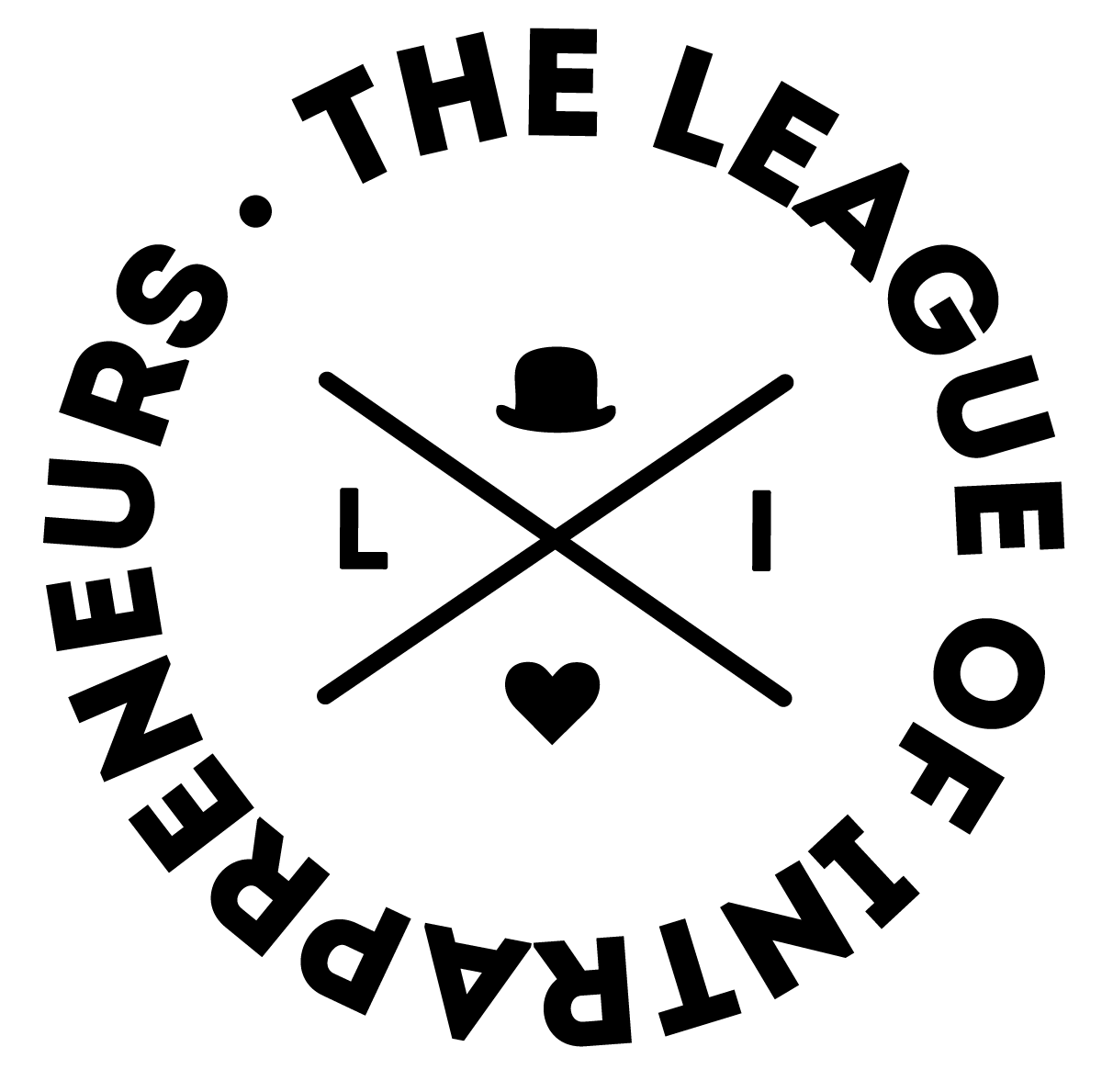INTERVIEW: What Does Local Changemaking Look Like Where You Are?
- The League of Intrapreneurs

- Sep 22, 2025
- 4 min read

What connection do you see between deeply understanding the places we inhabit and our ability to imagine new forms of leadership?
Alda Marina: I believe that it is through learning communities that we are able to build the trustful relationships required for the innovations of our time: relationships rooted in vulnerability, coherence, and the convergence of diverse skills and competencies. From this community of peers and long-term partnerships, I have seen new forms of leadership emerge. Through Pares, a B corp founded in 2010, and since 2016 the League’s catalyzing partner in Brazil, I have been able to create synergies such as the partnership with AEVO, which brought the League together into a major national award on intrapreneurship. This same spirit has also encouraged me to create a new business unit inside Pares that not only delivers specialized services in culture, leadership, and intrapreneurial projects, but also provides a space for intrapreneurs to transition into entrepreneurial roles. By doing so, we are weaving together knowledge and practice to shape consulting, capacity building, and systemic initiatives such as the Intrapreneurship Award and, soon, the Intrapreneurship Radar. To bring this new unit of value creation to life, I invited fellow intrapreneur Marina Peixoto to join Pares. Together, we are creating a space of transition — where intrapreneurs evolve into entrepreneurs, consultants, and mentors, co-leading innovation and systemic change. With 15 years serving large organizations, Pares now consolidates its role as a
platform for experienced professionals to offertheir expertise through consultancy, interventions, and transformative journeys.
Marina Peixoto: Knowing the territory is recognizing the living ecosystem in which companies are part. Leaders who know the territory develop greater empathy for the people who inhabit it, understanding their pains, stories, potentials, dreams, and dynamics. Leaders who, beyond the role of managing businesses, care for, restore, and transform are those who are able to listen and co-create with the territory instead of imposing solutions. During the foundation of Mover (Movement for Racial Equity), for example, it was necessary, first and foremost, to understand our history in greater depth, recognize the need for reparation, and at the same time appreciate the value of African heritage in our culture and identity. There were at least 8 months of listening process with the black movement to understand their pains and co-create, together with them and the leadership of the 50 founding companies, what became the movement.
How can the places we inhabit inspire wisdom and invite us to root leadership locally, unlocking more grounded ways of thinking and acting?
Alda Marina: Places carry stories, memories, and contradictions that invite us to listen more deeply and act with greater responsibility.
In Brazil, a country of both immense diversity and profound inequalities, rooting leadership locally means embracing complexity and fostering wisdom that comes from dialogue with communities, ecosystems, and territories. When we allow ourselves to be shaped by the places we inhabit, leadership becomes more grounded — not only in strategy, but also in empathy and care. This rootedness opens new possibilities for innovation that are not imposed from the outside, but rather co-created with those who are living the realities we want to transform.
Marina Peixoto: Each territory is a source of ancestral and collective wisdom, as it carries memories, stories, and accumulated collective knowledge. The African concept of Sankofa — "return and seek" — reinforces the importance of looking to the past and to the territory as a source of guidance for the future. Leaders who connect with ancestry and local meanings develop a more grounded and conscious vision. Their decisions become more ethical, empathetic, based on values, and not just goals, and bring a long-term vision, generating commitment to legacy, impact, and the sustainability of their actions.
From your perspective, how can the League of Intrapreneurs contribute to the development of regenerative leadership?
Alda Marina: The League is a space where people bring their whole selves—questions, experiments, and vulnerabilities—into a culture of trust and openness at the heart of regenerative leadership.
Through peer-to-peer learning, it helps intrapreneurs shift from individual projects to systemic thinking, connecting local experiences with global patterns.
In Brazil, I’ve seen the League act as a catalyst, bridging corporate and social, local and global, intrapreneurial and entrepreneurial worlds—cultivating leaders who not only innovate, but regenerate.
Marina Peixoto: Regeneration means restoring trust, renewing energy, and multiplying value for people, organizations, and society. I believe that the League has a significant role in this. When we feel alone and tired, the meetings or exchanges with League members always provide us with that extra dose of resistance and motivation we need, restoring our energy and confidence and enhancing our ability to create or co-create from the sum of the group’s knowledge. The connection with other leaders who share the same values but bring different perspectives and experiences can inspire new innovations or enhance our ability to lead in a regenerative way.





Comments